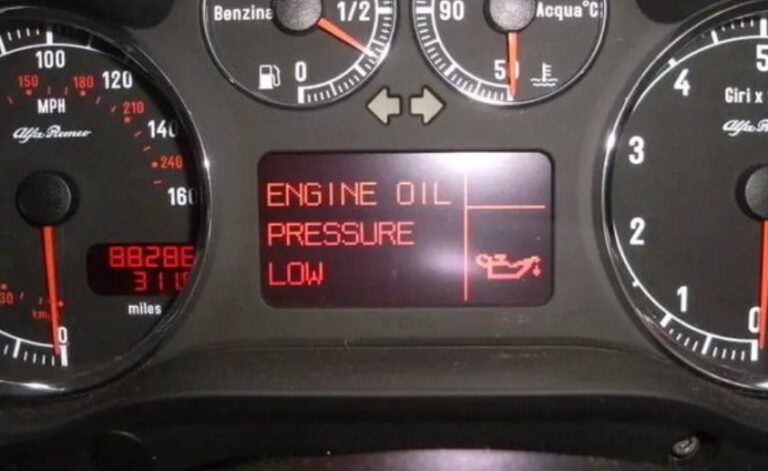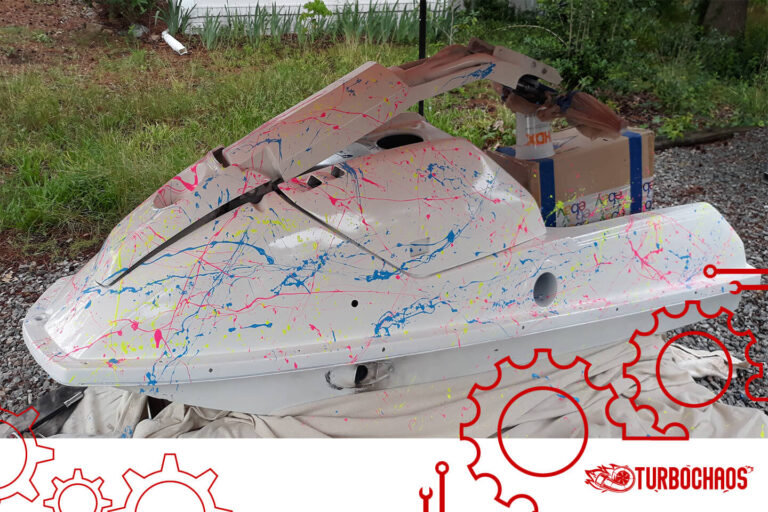Do You Leave Antifreeze In Boat Engine? Quick Answer
Boating enthusiasts often ponder the question, Do You Leave Antifreeze In Boat Engine? This question is crucial, especially when considering the maintenance and longevity of your boat. Antifreeze plays a vital role in ensuring your engine’s health, particularly during colder months.
Key Takeaways
- Antifreeze prevents freezing and corrosion in boat engines.
- It’s essential for winterizing in cold climates.
- Using the correct type of antifreeze is critical for engine health.
- Proper application and maintenance of antifreeze ensure engine longevity.
- Regular checks and changes of antifreeze are recommended.
Do You Leave Antifreeze In Boat Engine?
Yes, you should leave antifreeze in your boat engine during the winter months, especially in regions where temperatures drop below freezing. This practice prevents the water inside the engine from freezing, expanding, and potentially causing significant damage to the engine. It also helps in preventing corrosion and rust within the engine’s cooling system.
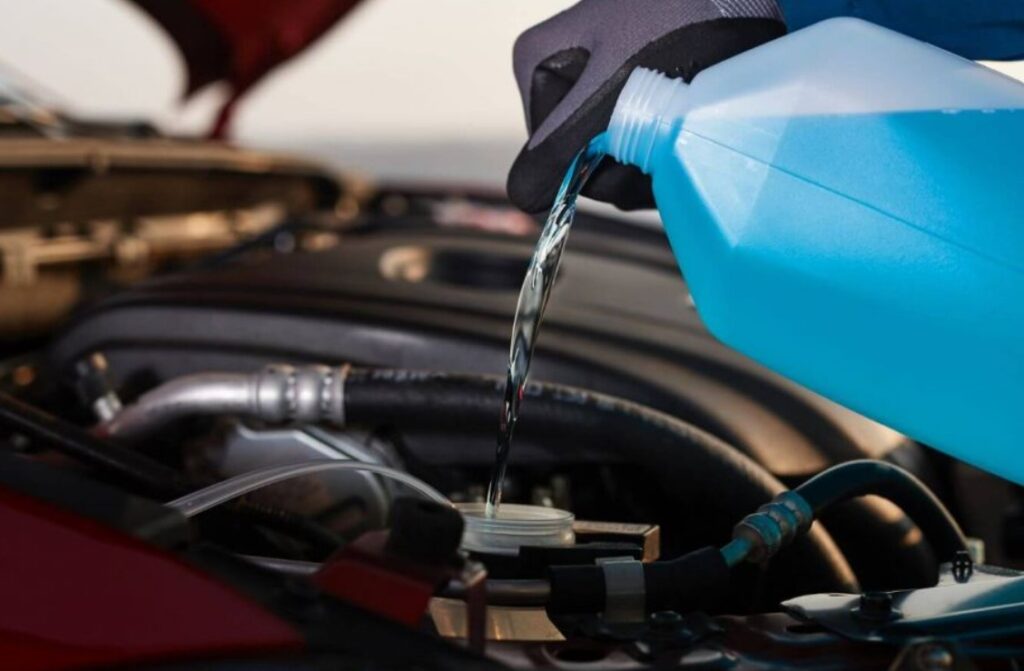
Importance of Antifreeze in Boat Engines
Protecting Your Engine
Antifreeze serves as a guardian for your boat’s engine. It prevents the engine’s cooling water from freezing, which is vital in cold weather. When water freezes, it expands, potentially causing severe damage to the engine. Antifreeze also plays a significant role in preventing corrosion within the engine’s cooling system, thereby extending its life.
Enhancing Performance
Beyond protection, antifreeze improves the overall performance of your boat’s engine. It ensures the engine operates at an optimal temperature, boosting efficiency and preventing overheating. This balance is crucial for the engine’s health and performance.
Types of Antifreeze for Boat Engines
Propylene Glycol vs. Ethylene Glycol
Boat engines typically use two types of antifreeze: propylene glycol and ethylene glycol. Propylene glycol is less toxic and more environmentally friendly, making it a popular choice among boaters. Ethylene glycol, although effective, is more toxic and requires careful handling and disposal.
Selecting the Right Antifreeze
Choosing the right type of antifreeze for your boat engine is crucial. The wrong type can lead to inefficiencies or damage. It’s essential to consult your engine’s manual or a professional to ensure you’re using the appropriate antifreeze for your specific engine model.
Applying Antifreeze to Your Boat Engine
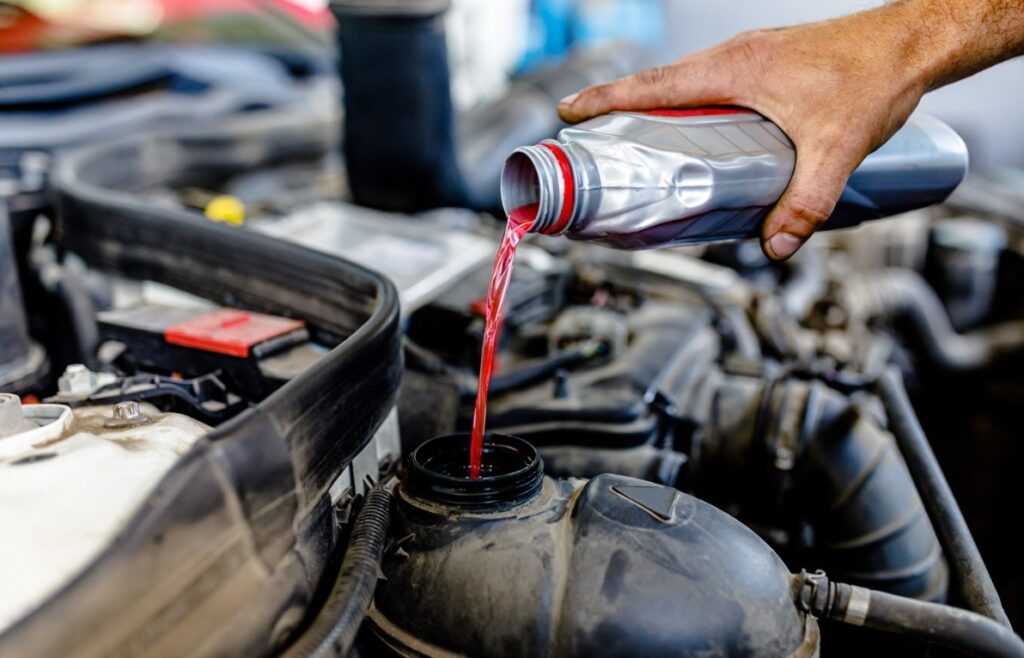
The Winterizing Process
Applying antifreeze to your boat engine is a part of the winterizing process. This process involves draining any existing water from the engine and replacing it with antifreeze. This step is crucial in preventing any remaining water from freezing and causing damage.
Professional vs. DIY
While some boat owners opt to winterize their engines themselves, seeking professional help can ensure the process is done correctly. Professionals have the experience and equipment to thoroughly flush and fill the system, ensuring complete protection.
Maintenance and Check-Ups
Regular Antifreeze Checks
Regular maintenance, including checking and changing the antifreeze, is essential for your boat engine’s longevity. Over time, antifreeze can lose its effectiveness and may need to be replaced.
Seasonal Considerations
The frequency of these checks and changes can depend on how often you use your boat and in what conditions. Boats used in colder climates or year-round may require more frequent antifreeze maintenance.
Environmental Considerations and Safety
Eco-Friendly Options
Using eco-friendly antifreeze options like propylene glycol can help protect the environment. These options are less toxic and safer for marine life.
Safe Disposal of Antifreeze
Proper disposal of used antifreeze is crucial. Ethylene glycol, in particular, is harmful to the environment and wildlife. Always dispose of antifreeze according to local regulations to ensure environmental safety.
How Do You Put Antifreeze In A Boat For The Winter?
To put antifreeze in a boat for the winter, follow these steps:
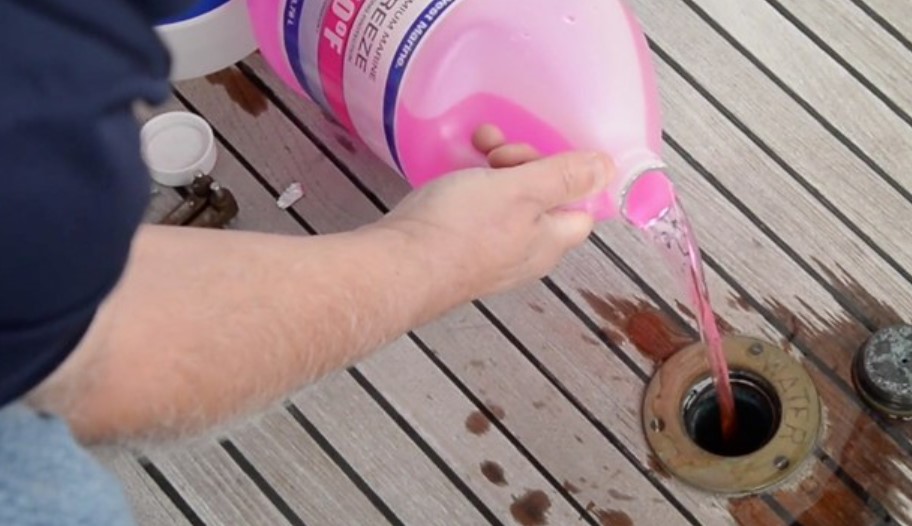
- Drain the Cooling System: Start by draining any water from the boat’s cooling system. This can typically be done by opening the petcock valves or plugs.
- Flush the System: Connect a hose to the flushing port and run fresh water through the system to remove any debris or remaining water.
- Add Antifreeze: Disconnect the flushing hose and connect a hose to the antifreeze jug. Run the engine and allow the antifreeze to circulate until it exits the exhaust outlet.
- Check Antifreeze Strength: Use an antifreeze tester to check the strength and ensure it’s sufficient to prevent freezing at the lowest expected temperature.
- Secure the System: After the antifreeze is added, turn off the engine and secure all valves and plugs.
Do You Put Antifreeze In Outboard Motor?
Yes, you should put antifreeze in an outboard motor as part of the winterizing process, especially in regions with freezing temperatures. Here’s how to do it:
- Flush the Engine with Fresh Water: This removes salt, dirt, and debris.
- Drain All Water: Tilt the engine to ensure all water drains out.
- Apply Fogging Oil: Spray fogging oil into the air intakes while the engine is running.
- Add Antifreeze: Use a non-toxic, marine-grade antifreeze. Pour it into the cooling system until it comes out of the water pump outlet.
How Do I Keep My Inboard Boat Motor From Freezing?
To keep an inboard boat motor from freezing, follow these steps:
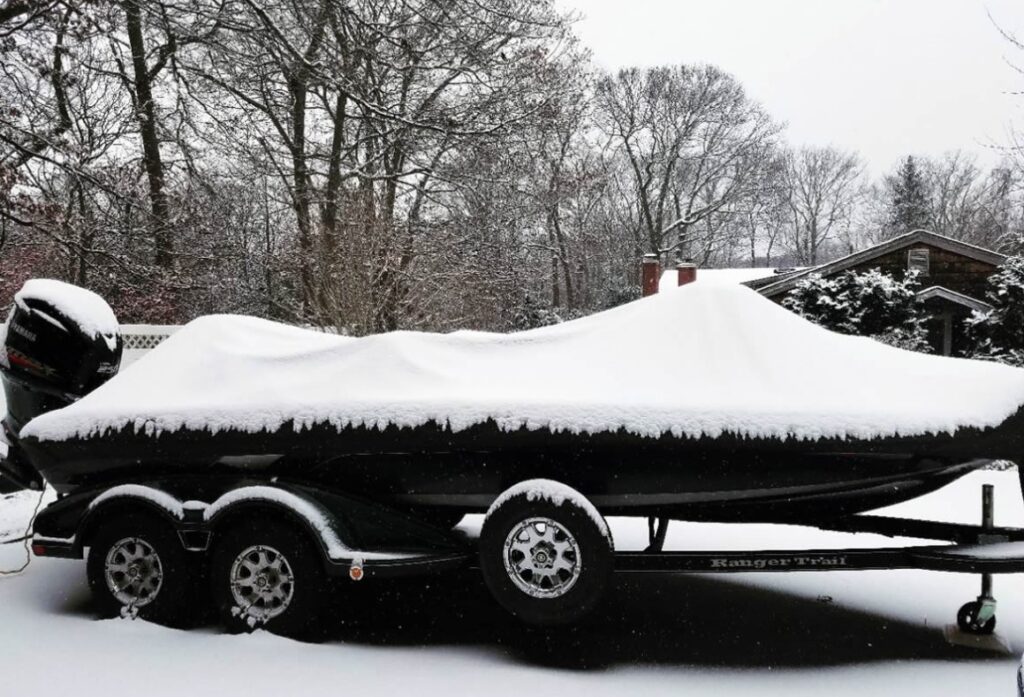
- Drain the Engine: Remove all water from the engine by opening drain plugs and valves.
- Flush the Engine: Flush the engine with fresh water to clean out any remaining debris.
- Add Antifreeze: Fill the engine with non-toxic, marine-grade antifreeze. Ensure the antifreeze circulates through the entire system.
- Fog the Engine: Apply fogging oil to the carburetor and spark plug holes to protect the engine.
- Check All Seals and Plugs: Ensure all seals are tight and plugs are replaced to prevent any leakage.
How To Winterize Boat Engines And Drives?
Winterizing boat engines and drives involves several important steps:
- Change the Oil: Start by changing the engine oil and filter to remove any contaminants that can cause corrosion.
- Stabilize the Fuel: Add a fuel stabilizer to prevent the fuel from degrading.
- Protect the Cooling System: Drain and flush the cooling system, then add antifreeze.
- Lubricate Moving Parts: Apply lubrication to all moving parts, including throttle and shift linkages.
- Take Care of the Battery: Disconnect and store the battery in a cool, dry place.
- Protect the Drive System: For stern drives, inspect the bellows, lubricate gimbal bearings and u-joints, and ensure the gear case is filled with fresh gear oil.
Conclusion
In summary, leaving antifreeze in your boat engine is not just a matter of preference but a necessity, particularly for boaters in colder climates. The right type of antifreeze, applied correctly and maintained regularly, can significantly extend the life of your boat’s engine. Remember to choose environmentally friendly options and dispose of used antifreeze responsibly, ensuring both the health of your engine and the protection of the environment.
People Also Ask
How do I choose the right antifreeze for my boat engine?
The best way to choose is by consulting your boat engine’s manual or a marine professional. They can advise on the type of antifreeze that’s best suited for your specific engine model and local climate conditions.
Is it safe to winterize my boat engine using antifreeze myself?
While it’s possible to winterize your boat engine yourself, it requires a good understanding of your boat’s engine and the proper process. If unsure, it’s safer and more effective to have a professional perform the winterization.
What should I do if I suspect antifreeze leakage in my boat engine?
If you suspect a leak, it’s important to investigate and repair it immediately. Antifreeze leaks can lead to engine overheating and serious damage if not addressed promptly.
Can antifreeze affect the performance of my boat engine?
Yes, using the right antifreeze can improve engine performance by maintaining optimal temperature levels and preventing overheating, while also protecting against corrosion.

Welcome to the exhilarating world of Matt Rex, a professional car racer turned renowned vehicle enthusiast. Immerse yourself in his captivating blog as he shares heart-pounding adventures, expert reviews, and valuable insights on cars, trucks, jets, and more. Fuel your passion for speed and discover the beauty of vehicles through Matt’s engaging stories and meticulous expertise. Join the ever-growing community of enthusiasts who find inspiration and expert advice in Matt Rex’s blog—a digital hub where the thrill of speed meets the pursuit of knowledge.



